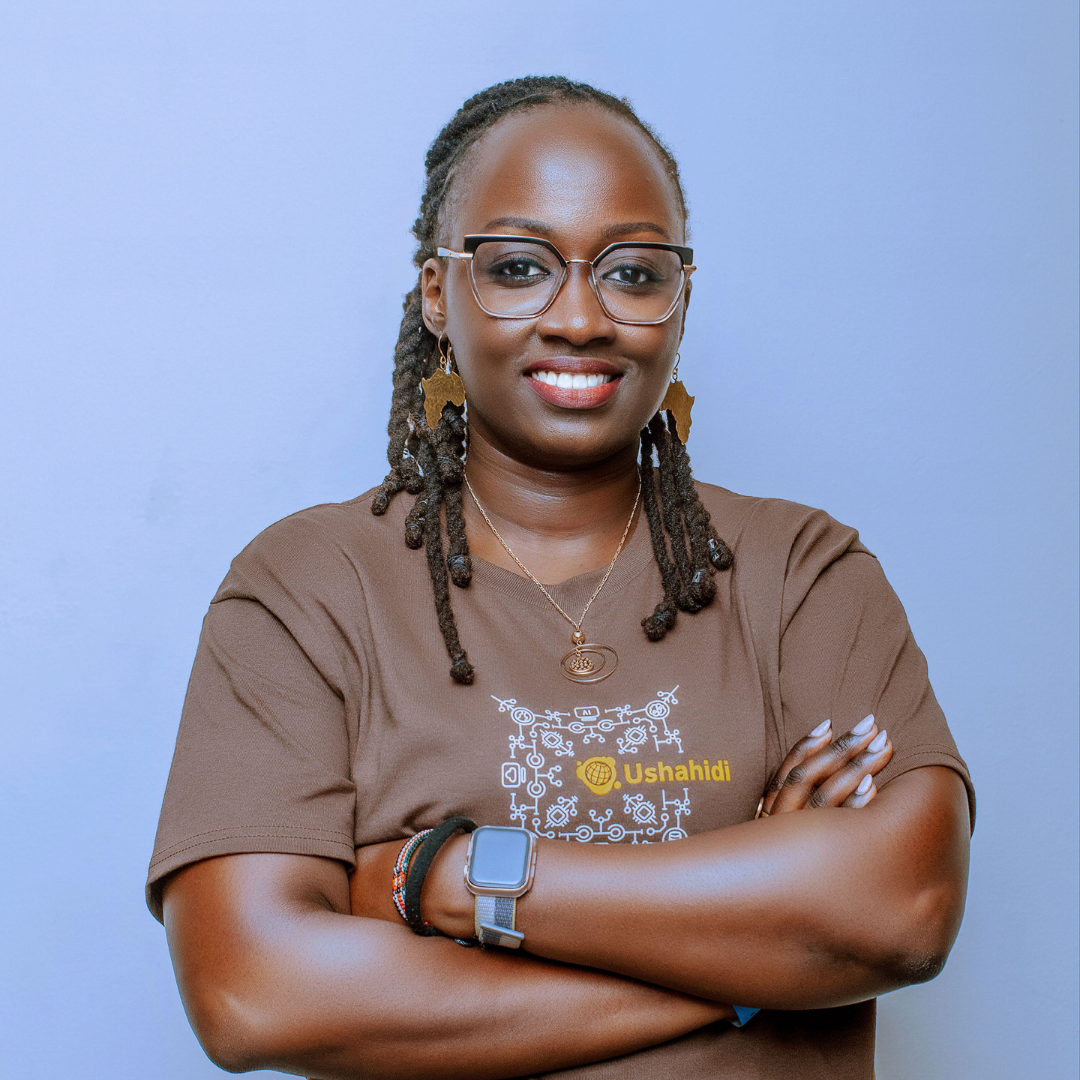Supporting COVID-19 response efforts in Nigeria

Mar 31, 2020

Guest blog post from Oludotun Babayemi. He is a Monitoring, Evaluation and Learning Specialist at Cloneshouse Nigeria with 12+ years of experience developing monitoring and evaluation systems for government and non - government organizations. @dotunbabayemi
Gbemi Dakore, a colleague based in Cologne, Germany, called to ask about COVID-19 news coming out of Oyo state in Nigeria. His extended family is based in Oyo state, and he was concerned about them. Dakore’s cousin, Ajike Olomola, is worried about the vulnerability of the family to consuming misleading and false news. She narrated on the call, how a member of the family used salt and water to bath during the Ebola outbreak in Nigeria. The COVID-19 Nigeria map hopes to create situational awareness for people like Gbemi in the diaspora, while also assessing the extent at which fake news spread during this COVID-19 outbreak in Nigeria.
Thousands of Gbemi Dakore, and a multiple of Ajoke Olomola, has emerged since the first case of the COVID-19 outbreak was reported in Nigeria on February 27. The team of three evaluators at the Cloneshouse Nigeria’s Center for Learning, Evaluation and Monitoring (CLEAM) and three data nerds, at Dataphyte, have decided to aggregate information about the COVID-19. This time on a Ushahidi map called the COVID19 Nigeria Map. The idea around this is to document information about COVID-19 in Nigeria from verified news sources and channels, assess the extent to which fake news is peddled during this time and provide real-time information about people that need help to use the Ushahidi platform.

We have found Ushahidi helpful in creating such situational awareness in our 2010 Lagos traffic map, and some other election mapping deployment. There is an unprecedented level of excitement that people in distant locations can see in real-time how close or far this pandemic is to them and take quick precautionary steps in curbing. We currently have twenty volunteers signed up on the platform working, with the six team members from both organizations. Teams created for the deployment include the media monitoring team, instant message team, reports team, and the volunteer coordination team. Ushahidi is easy to use and has a responsive interface, however, we have created a volunteer guide for those that will be working on the platform.
One week into deploying Ushahidi for this map, we already have 168 approved reports. With the reports already gathered on the platform - we have data analysts who will be using predictive analysis to predict the number of cases that could be expected per time in a particular state. Amongst the volunteers, we have a group of researchers, who have decided to look into data aggregated to do a comparative analysis of the response by the public sector and the private sector. Our instant message teams are disclosing fake news to WhatsApp groups where they are being shared. What more do we need? With Africa being the next focus for the COVID-19 outbreak, we will need more volunteers from the emergency response community. Our volunteers in Nigeria are working from home and will be spending a significant amount of money on internet data and alternative power, it will be greatly appreciated if the world can help in supporting their contribution.
This is an unprecedented time in our lives. As we keep safe in our various communities, we still want to find a way of providing support to those that need them by leveraging on our diverse expertise - joining us by signing up here would make a difference. With support from Ushahidi, people like Dakore and Olomola, can be rest assured about the well being of their families.